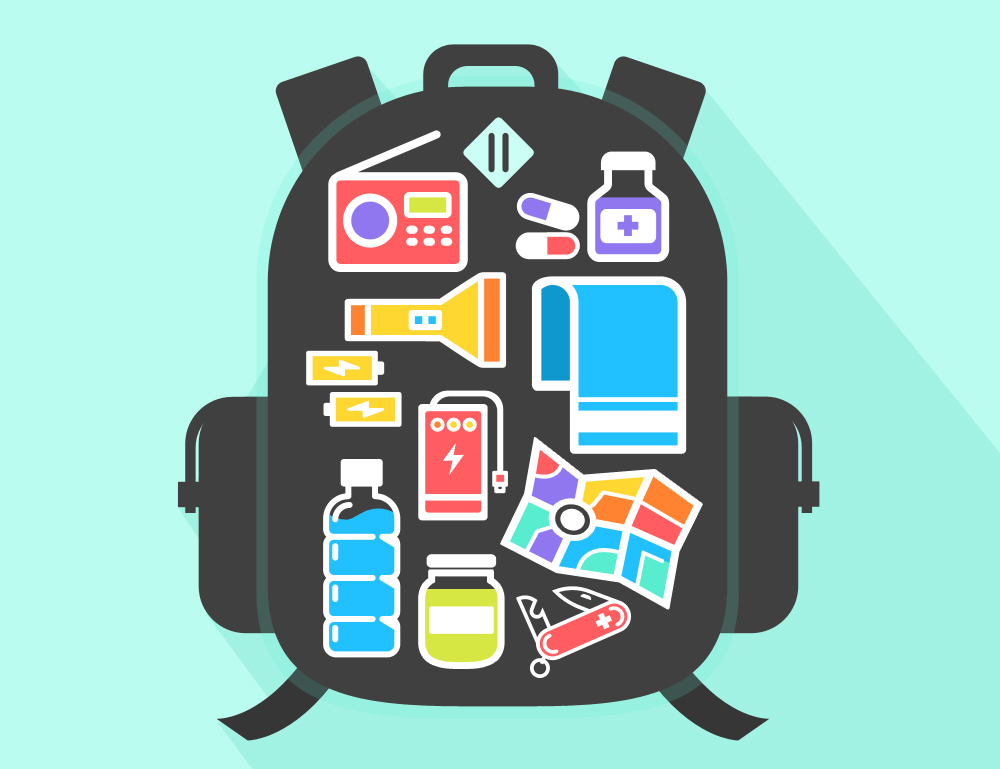8 Things that Should be in Your Emergency Disaster Kit
May 21, 2015 • 8List

May 21, 2015 • 8List
Disaster-preparedness is everyone’s business. News about the impending major earthquake from the Valley Fault system have been making rounds. As such, we should be prepared and equipped with the proper supplies should an emergency or disaster happen.
If such an event occurs, you may lose access to food, water, and electricity for an indefinite time. This is why it’s important to have an easy-to-carry emergency kit for our home and office. These are a few things you need to stay safer during and after a disaster strikes.
The American Red Cross recommends to have at least one gallon of water per person per day, or a 3-day supply for evacuation and 2-week supply for your home. As for food, it’s best to get non-perishable and easy-to-cook items.
Should the power go out, you’ll need a flashlight to maneuver through darkness and check your house for any damage.
Should any injury arise, treat those in need of attention. Make sure you also have high-grade dust masks around to filter air. Also, here’s an expensive (but very useful) medical survival kit.
Multi-purpose tool will be of great use in emergency situations. You’ll need for a lot of things like turning off utilities, opening canned goods and cutting (or securing) knots.
If you have to spend the night outdoors unexpectedly or have no heat, these will come in handy. Pack specialized lightweight emergency thermal blankets like this to save some space.
When the power’s out, a portable radio like this will help you get rescue updates.
Expect power outages over an indefinite period of time whenever disaster strikes. Invest on a good solar charger and/or make sure your powerbanks are always charged should the need arise.
Navigate your area with a map. As for your personal documents, make sure to include medication notes/prescription and pertinent medical information (in case of allergies, etc) and put them all in a waterproof, zip top bag.
Got a emergency disaster kit ready? Share some tips in the comments!
Input your search keywords and press Enter.

2 comments